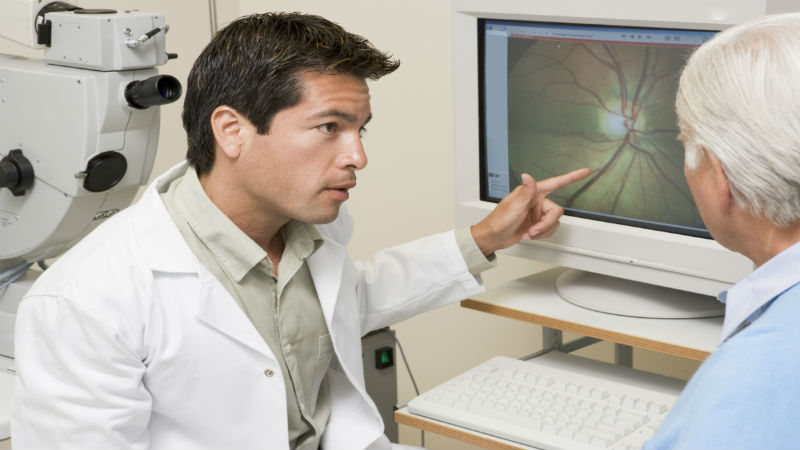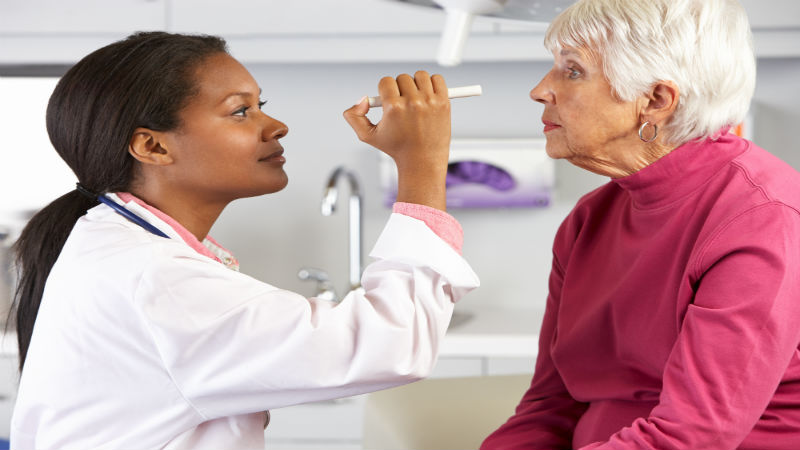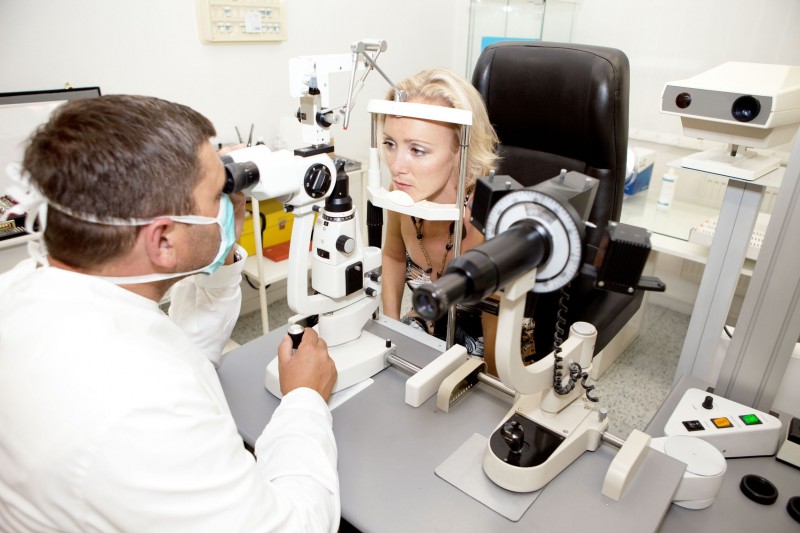Older Americans often fail to notice vision problems or assume that having trouble seeing is a normal part of the aging, but this is not the case process. This is absolutely not the case. Medical & surgical eye care treatments are available for many eye disorders, no matter the patient’syour age.
Vision care is essential at all stages of life, but for senior citizens, the need to have regular eye care is critical. Most eye diseases are attributed to age, with cataracts, glaucoma, and macular degeneration occurring most frequently in those over 65.

The American Optometric Association recommends seniors aged 60 or older should have annual eye exams. Adults who have diabetes or a family history of eye conditions such as glaucoma should have more frequent exams.
The most common issues treated in seniors are cataracts, glaucoma, ocular hypertension, and age-related macular degeneration.
Cataracts
Cataracts are one of the most common eye problems for seniors. As a cataract grows, the natural lens inside the eye becomes cloudy, distorting the patient’s vision. By the age of 70, nearly half of Americans will have had a cataract.
Cataracts are commonly treated with an intraocular lens implant. In most cases, the patient’s vision is restored, and blurriness is eliminated.
Glaucoma
Glaucoma is caused by a build-up of pressure inside the eye. It’s crucial that seniors have their eyes examined for glaucoma regularly because the condition can cause permanent blindness without prompt treatment.
Glaucoma can be treated with prescription eye drops or surgery.
Ocular hypertension
Ocular hypertension is an increase of intraocular pressure, and can be a sign of early-onset glaucoma. Ocular hypertension occurs in 1 out of 10 people above the age of 40, although only a fraction of those affected will develop glaucoma.
Depending on a patient’s health and other contributing factors, ocular hypertension may be treated with medication, or it may simply be monitored.
Age-related macular degeneration (AMD)
Age-related macular degeneration causes a degradation of the center of a patient’s field of vision and is one of the leading causes of blindness. The earliest stages of AMD do not typically exhibit any noticeable symptoms.
The National Eye Institute recommends seniors undergo a comprehensive eye examination annually to monitor them for early signs of AMD.
There is currently no treatment available for age-related macular degeneration. Ophthalmologists may recommend certain vitamins, minerals, or other medical & surgical eye care treatments to slow its progress.

Because many vision problems for seniors come on gradually, it is essential to maintain a regular schedule of eye exams with an ophthalmologist. Early detection of these conditions can help to prevent permanent damage or even blindness.
